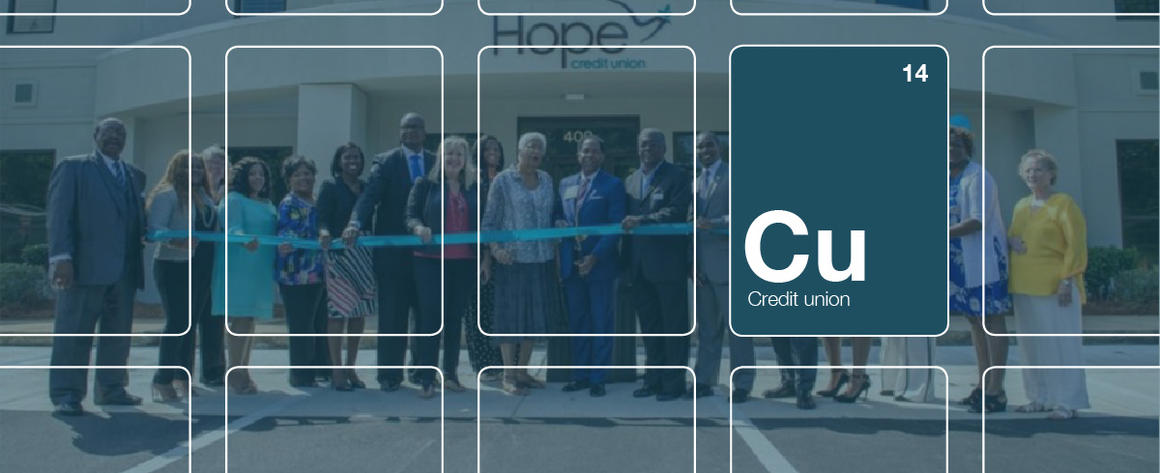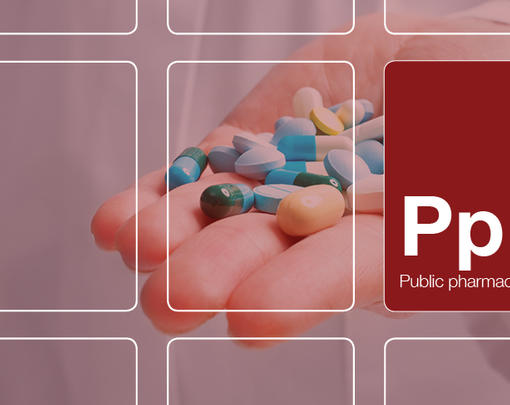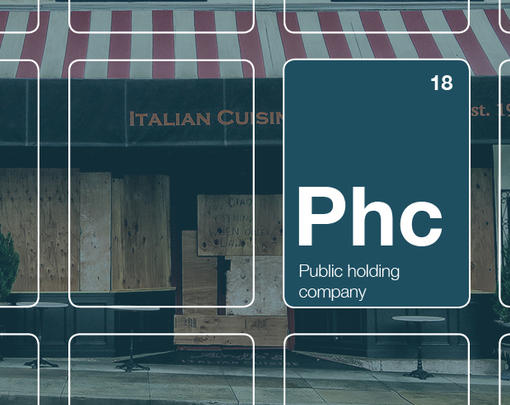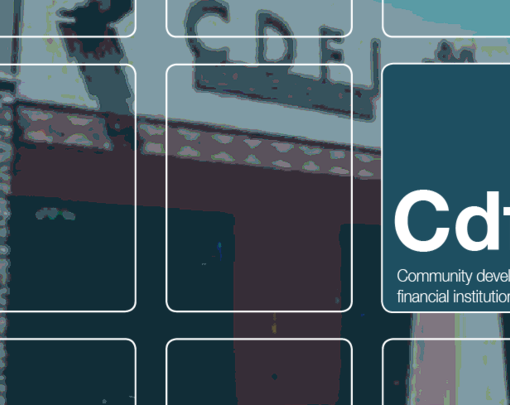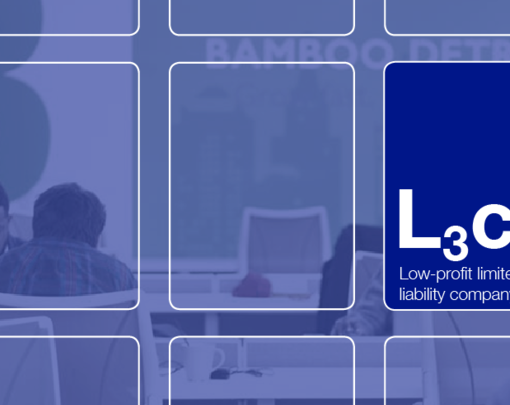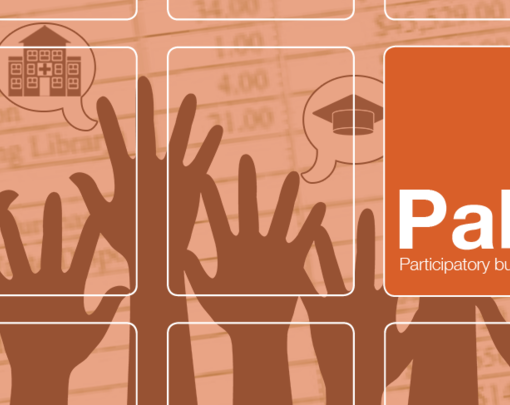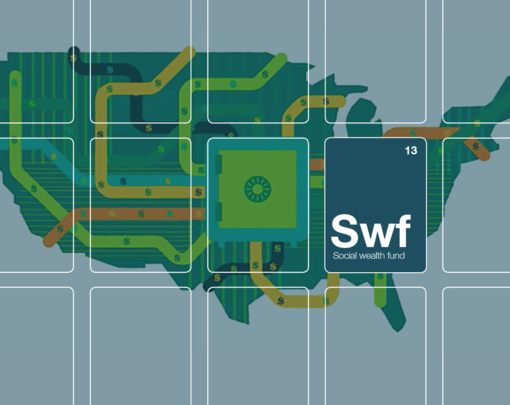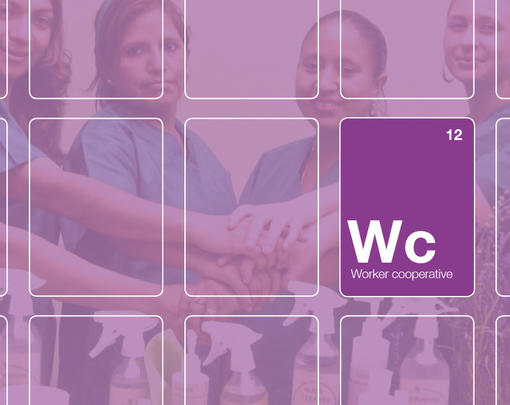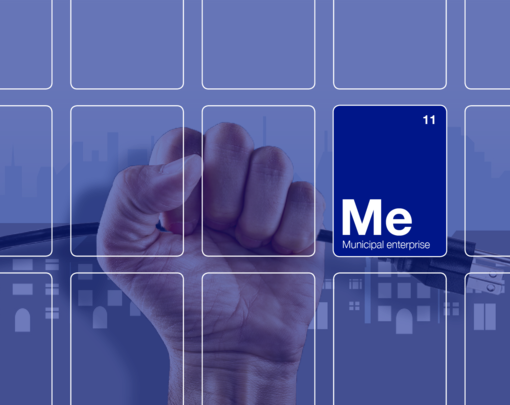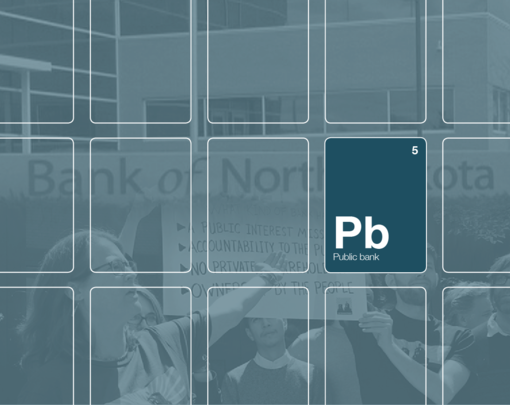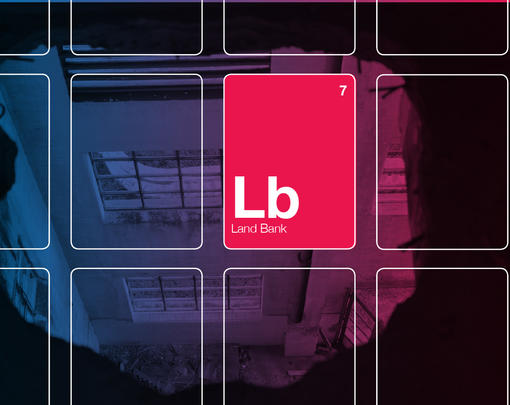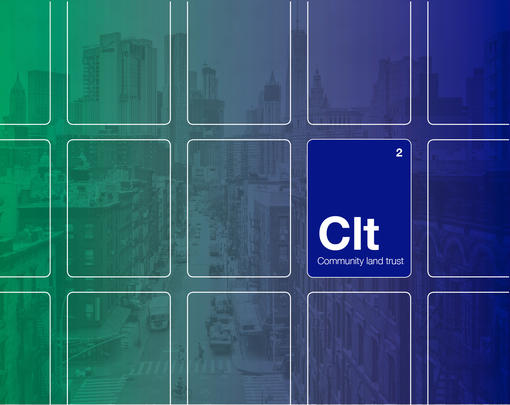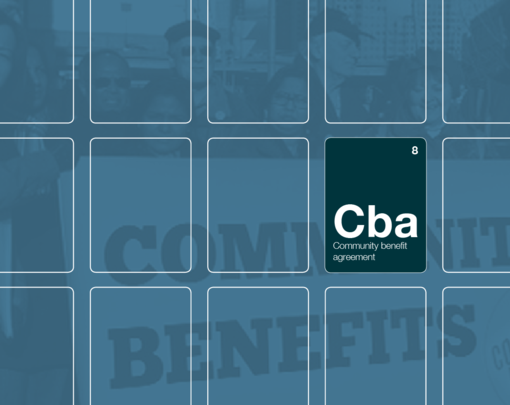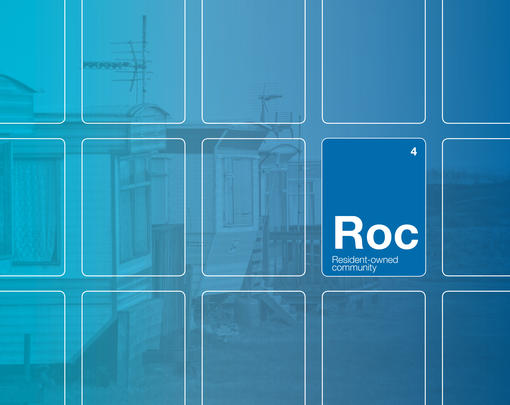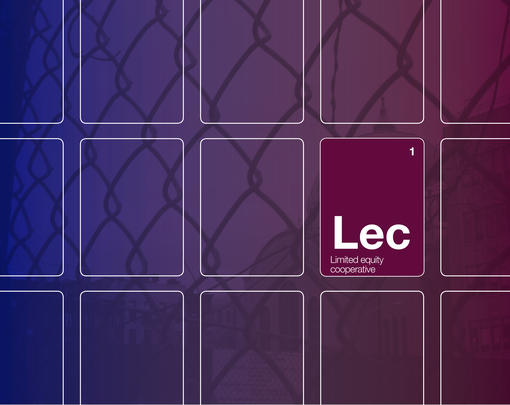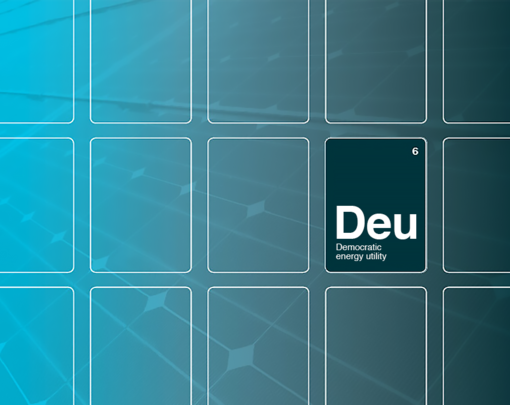Description
Credit unions are member-owned financial cooperatives that provide financial services to a designated group, such as government employees, residents of a geographic area, or association members.
Credit union account holders are also the members and owners of the financial institution, with the power to elect its board of directors (on a one-member, one-vote basis) and set the strategic direction for the organization. Credit unions are nonprofits, and since they do not have shareholders and CEOs insistent on increasing earnings and the value of their shares every quarter, credit unions can concentrate on maximizing their impact in the community and on the financial well-being of their members. Earnings are returned to its members, typically through lower interest rates on loans, higher rates on savings, and expanded services. According to the Credit Union National Association, there were at the beginning of 2019 roughly 119 million credit union memberships in America among some 5,500 credit unions. More than 19% of U.S. households use a credit union as their primary financial institution.
Potential Impact
Credit unions can be an essential part of an ecosystem of inclusive financial institutions designed to ensure a broader cross-section of Americans has access to financial services. According to the Credit Union National Association, credit unions provide over $16 billion annually in benefits to the economy. In addition to providing lower cost financial services to their members, one of those benefits is competition that puts a check, however modest, on the ability of banks to extract fees from their customers. Likewise, credit unions have proven to be a more consistent supporter of community economic activity than conventional, for-profit banks: During the 2008 financial crash, mortgage and small business lending by credit unions did not decline as precipitously as it did for banks. Since the crash, credit union mortgage originations have increased 70 percent (while bank mortgage originations have continued to decline) and small business lending growth has dramatically outpaced that of banks.
Transformative Characteristics
The closeness of credit unions to their membership base is one of their chief assets. Their knowledge of their customers enables them to weigh financial risk differently than other financial institutions, with the result that they generally have lower loan delinquency rates even as they serve customers passed over by conventional banks. That is particularly true of community development credit unions (CDCUs), which are specifically committed to providing banking services to people left behind or exploited by for-profit financial institutions. At scale, credit unions mirroring the CDCU mission could eliminate the market for such outfits as payday lenders with manageable short-term loans, financial counseling, and community engagement. Credit unions generally, and CDCUs specifically, can also serve as community development financial institutions (CDFIs), which would enable them to direct more resources to disinvested communities.
Examples
Hope Credit Union, Jackson, Mississippi
This regional credit union, operating in five states mostly in the Deep South, is part of HOPE, a community development organization founded in 1994 that includes a development loan fund and a policy center. It aims to provide “low-wealth people and communities with the financial tools and resources needed to achieve a better quality of life.” The credit union has more than 44,000 members, many in communities that have been all but abandoned by conventional banks, and in 2017 exceeded $100 million in total lending. Financing in 2018 for Grambling, Louisiana’s first fresh-food grocery store in 35 years is typical of the kinds of projects that the credit union and its associated development loan fund engage in. It won the Wall Street Journal’s 2018 Financial Inclusion Challenge, with one of the judges noting that Hope “really [goes] into places that have no other financial services” and has an “impressive” community impact.
Laboral Kutxa, Spain
Laboral Kutxa is a Basque credit union with over 22 million euros in assets at the end of 2017. It was formed in 2012 by the merger of the labor credit union that supported the development of the Mondragón cooperatives (the Caja Laboral, established in 1959) and a rural farmers’ credit union (Ipar Kutxa, established in 1965). The Mondragón cooperatives used their credit union not only as their principal banking institution but also as the driver of strategic and financial cooperative development. Before the merger, Caja Laboral had 1,887 working members, over 1.2 million clients and hundreds of offices around Spain. In 2013, Laboral Kutxa and the National Cooperative Bank in Washington, D.C. announced a partnership to support one another’s customers, exchange best practices, and help support the growth of the cooperative sector.
Challenges
Democratic participation in credit union decision-making is not required, and in some cases, credit union managers and boards actively work to frustrate broad-based member participation. Also, credit unions overall are not leaders in home loans to people of color and in low- and moderate-income communities. A 2016 Federal Reserve report found nearly 16% of credit union home loans went to people of color, compared to 25% at independent mortgage companies. Credit unions normally cannot manage accounts the size of, for instance, a city government seeking to divest from big banks. However, some Oregon cities participate in a state insurance program that makes credit union use more feasible.
More Resources
- Credit Union National Association
- Inclusiv (formerly the National Federation of Community Development Credit Unions)
- National Association of Federally-Insured Credit Unions
Download and Share

